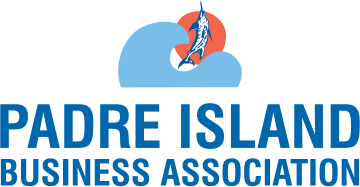The Coronavirus Aid, Relief, and Economic Security (CARES) Act was passed into law with the intent of helping those financially impacted by COVID-19. Small businesses, such as local restaurants and retailers, have struggled due to consumers spending increased time at home. In addition to relief for American workers, employees, and families, the CARES Act provides assistance to small businesses.
While Texas has begun allowing businesses to reopen, the road to recovery will still take time. If your small business is looking to take advantage of the opportunities offered by the CARES Act, here’s the information to keep in mind:
- Paycheck Protection Program. This program provides small businesses with loans to fund employee payments, including benefits, for up to eight weeks. Certain nonprofits can also apply, and funds can be used for paying rent, utilities, and interest on mortgages. Qualifying businesses can also convert the loans to grants, meaning the money will not have to be repaid.
- Economic Injury Disaster Loans (EIDLs). All businesses with fewer than 500 employees (or more than 500 for certain industries) are eligible to apply for EIDLs. This loan advance can provide up to $10,000 for successful applications, which does not have to be paid back. If your business submits a successful application, the funds will be available within days.
- Business tax changes. Under the CARES Act, certain changes were made for business taxes. These changes include eligibility for employee retention tax credits, delaying payroll tax payments, claiming corporate alternative minimum tax credits, and more. Consult your business’ tax consultant to see which changes apply to your business. If you do not have a consultant, go to org to find trustworthy tax professionals.
- Families First Coronavirus Response Act (FFCRA). FFCRA makes changes to the Family and Medical Leave Act (FMLA) and sick leave for businesses and their employees. Covered employers must provide up to 80 hours of paid leave to all employees unable to work due to personal quarantine or COVID-19 symptoms. Up to 80 hours at two-thirds of the regular pay rate are provided to those unable to work while caring for a relative due to COVID-19. You can visit the Department of Labor’s website to learn more details about FFCRA.
Small businesses are the heart of communities across America. Encouraging those in your life to shop and eat at small businesses is a great way to stimulate local economies, but the CARES Act strives to provide extra protection for business owners and their employees. Visit the Small Business Administration at SBA.gov to learn more about what CARES can do for your business, and go to BBB.org to search for trustworthy small businesses in your area
